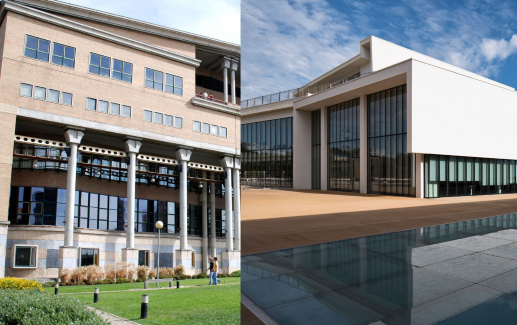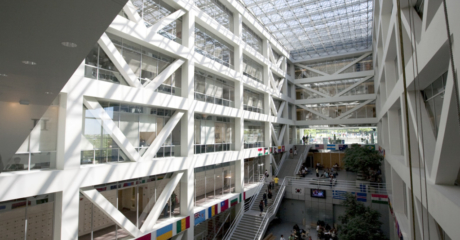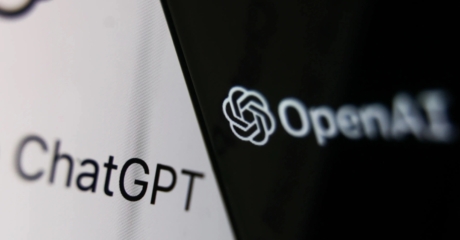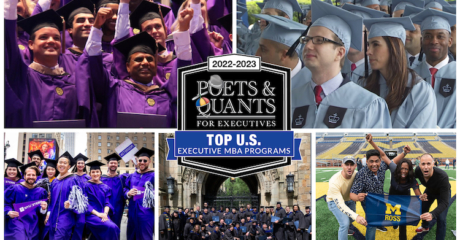With the stamp of two European business schools and an American one — Catolica-Lisbon and Nova SBE from Portugal, and MIT Sloan from the U.S. — this 22-month executive MBA certainly comes with a strong European flavor, as well as a dash of global pizzazz.
Lisbon recently sneaked into The Financial Times’s top 100 executive MBAs for the first time, at 92nd in the world, which made it 42nd in Europe — not to mention number one in Portugal. This MBA is a very strong choice indeed for execs from Portugal, or wanting to gain a foothold in the country. A full 83% of participants in the last intake were from Portugal — in line with many executive MBAs, which tend to attract a large proportion of their participants from their home country. It might lack international diversity, but you can be certain that this cohort has deep contacts in, and knowledge of, the regional economy and job-market.
In the class of 2020-2022, those participants had an average age of 36, and 13 years of work experience, although the minimum requirement is five. A third of that intake was women, which might seem low but is not an unusual figure for an executive MBA. A whopping 49% came from an engineering background, with another 29% having studied business or economics. A full 18% came from the healthcare/insurance industries, while a further 19 percent previously worked in energy or utilities.
Students visit Lisbon for classes in blocks of two or three days at a time, either once or twice a month. The program kicks off in September, and the first and second of the six terms cover “core fundamentals and business essentials” such as marketing management and financial accounting. This takes participants to March, and the third terms runs from March to July, which involves courses including Business Ethics and Sustainability and People and Organizations, a first swathe of electives, plus a one-week immersion at MIT in June, where participants will visit several Boston-based businesses.
The first two terms of the second year run from September to March, and involve a business project and simulation. The business project is a chance for participants to apply what they have learned so far, by giving a business a real-world strategic recommendation, for instance whether to launch new products or services, or embark on an international expansion. The business simulation places groups of students in the position of the board of directors of a global B2C corporation, and asks them to develop a go-to-market strategy and use resources efficiently while creating capital and equity structures.
This is all topped off with the final, sixth, term runs from March until July and involves a second installment of electives and, for those who have successfully applied, an international exchange to other business schools including COPPEAD in Rio de Janeiro, Brazil, Macquarie in Sydney, Australia, or Cape Town University.









